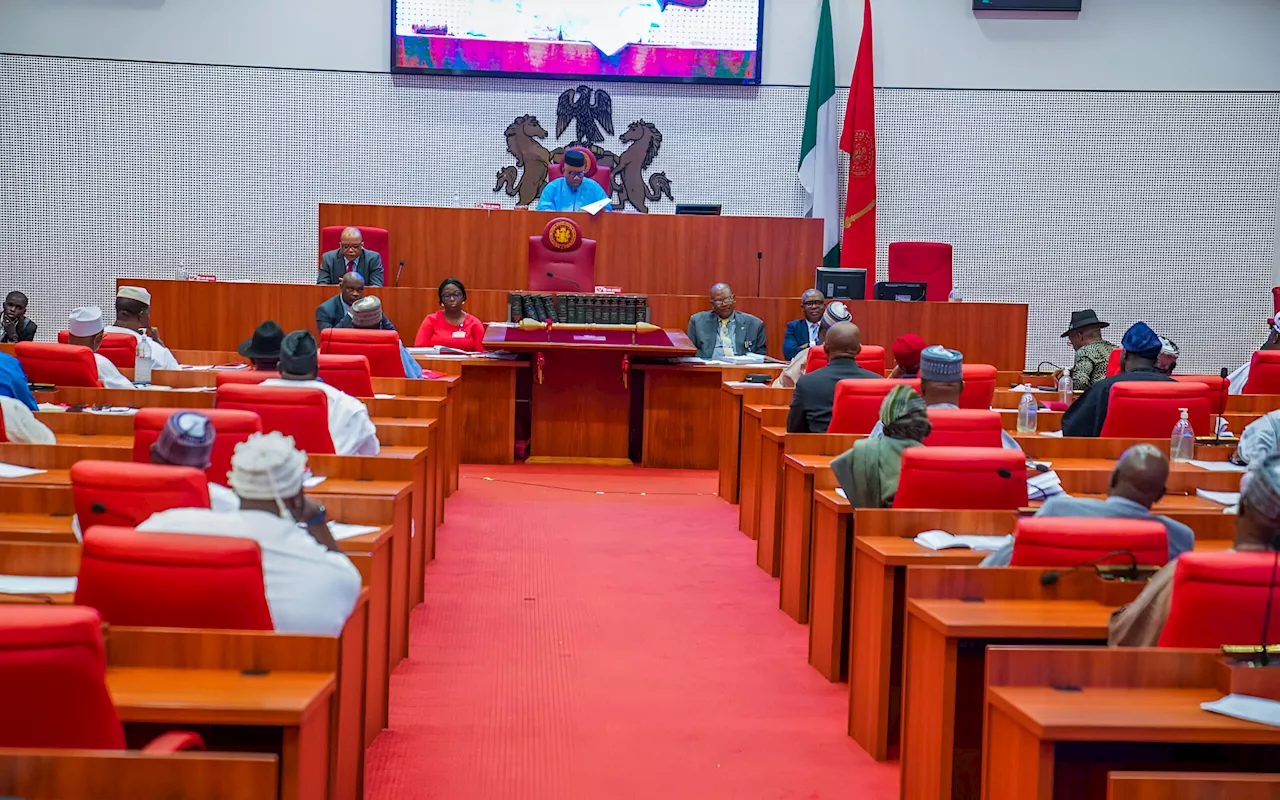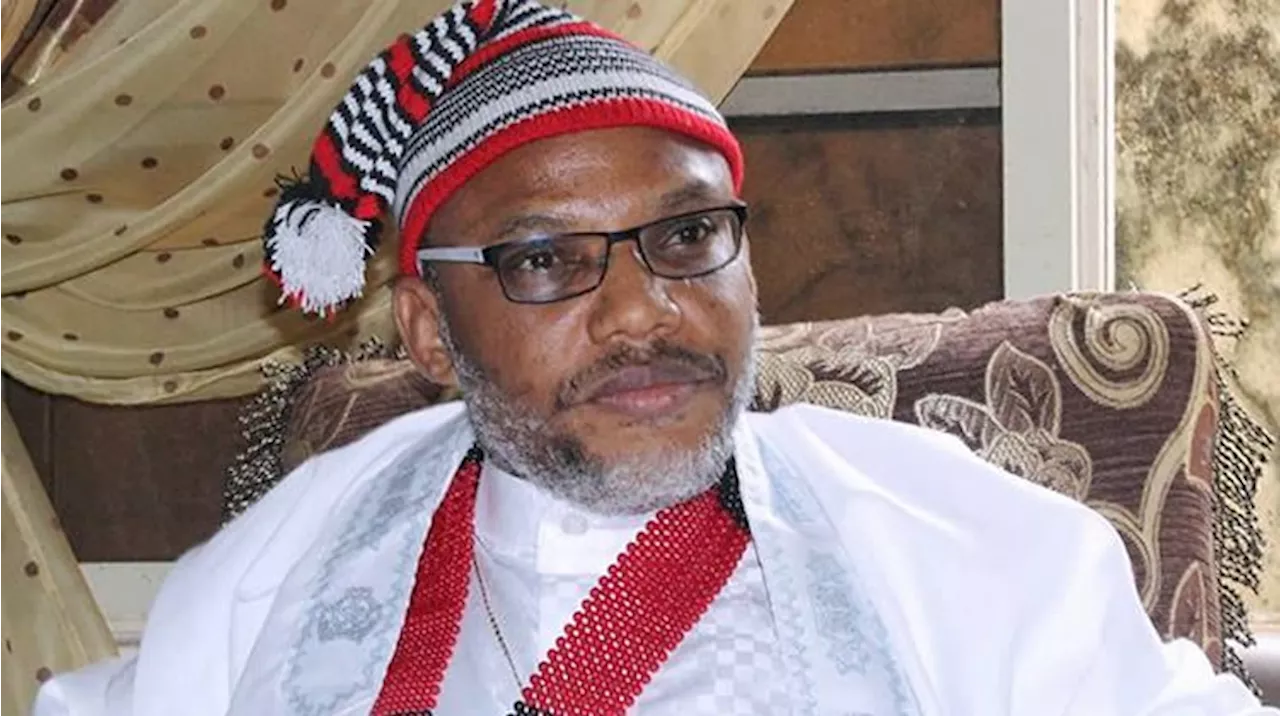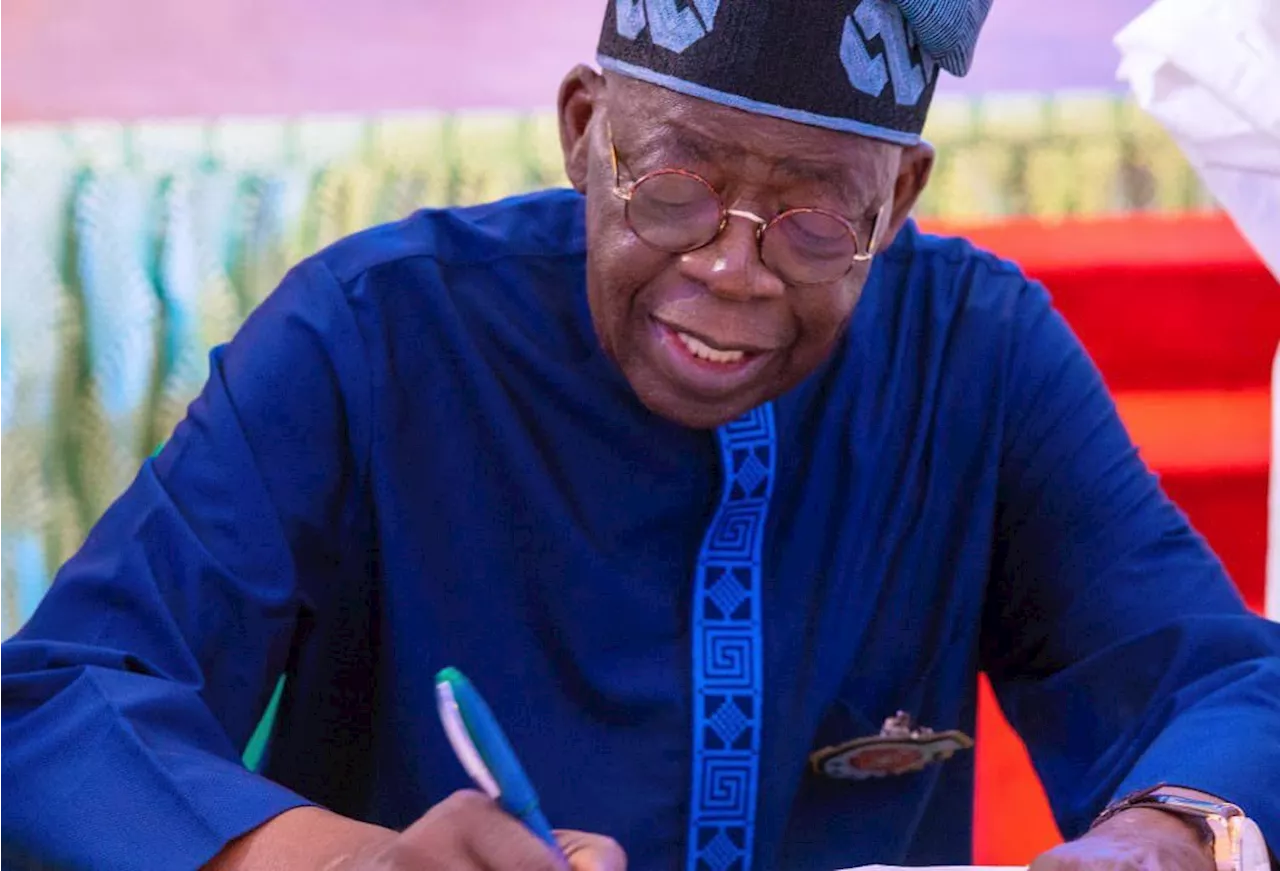The Nigerian Federal Government plans to clear the N1.5 trillion debt owed to contractors responsible for constructing federal highways nationwide. A verification committee has been established to screen contractors' certificates and recommend payments. Contractors are urged to provide proof of debt generation.
The Federal Government has announced its intention to pay off the N1.5 trillion debt owed to contractors responsible for constructing federal highways nationwide. The Minister of Works, Sen. David Umahi, made this announcement during a meeting with the contractors in Abuja on Thursday. Umahi, who provided insight into the government’s plans to clear the debts, said that a verification committee had been established to screen contractors’ certificates and recommend payments.
The minister also stressed the importance of contractors being serious in executing government projects. Umahi assured the contractors that every verification with merit would be paid and mentioned the implementation of an automated payment system. He urged contractors to provide proof of how the debts were generated, noting that payments would be on a first-come, first-served basis
Nigeria Federal Government Debt Contractors Federal Highways Payment Verification Automated Payment System
Malaysia Latest News, Malaysia Headlines
Similar News:You can also read news stories similar to this one that we have collected from other news sources.
 Nigerian Lawmakers' Salaries Remain Stagnant as National Assembly Budget Surpasses Federal UniversitiesNigerian lawmakers have been claiming that their salaries have not increased in 13 years, while the budget of the National Assembly is higher than that of 25 federal universities combined. This allocation to the Legislature has been criticized as President Bola Tinubu continues to pamper the lawmakers, while ordinary Nigerians face the challenges of reform initiatives.
Nigerian Lawmakers' Salaries Remain Stagnant as National Assembly Budget Surpasses Federal UniversitiesNigerian lawmakers have been claiming that their salaries have not increased in 13 years, while the budget of the National Assembly is higher than that of 25 federal universities combined. This allocation to the Legislature has been criticized as President Bola Tinubu continues to pamper the lawmakers, while ordinary Nigerians face the challenges of reform initiatives.
Read more »
 Nigerian Lawmakers' Salaries Remain Stagnant as National Assembly Budget Surpasses Federal UniversitiesNigerian lawmakers have been claiming that their salaries have not increased in 13 years, while the budget of the National Assembly is higher than that of 25 federal universities combined. This allocation to the Legislature has been criticized as President Bola Tinubu continues to pamper the lawmakers, while ordinary Nigerians face the challenges of reform initiatives.
Nigerian Lawmakers' Salaries Remain Stagnant as National Assembly Budget Surpasses Federal UniversitiesNigerian lawmakers have been claiming that their salaries have not increased in 13 years, while the budget of the National Assembly is higher than that of 25 federal universities combined. This allocation to the Legislature has been criticized as President Bola Tinubu continues to pamper the lawmakers, while ordinary Nigerians face the challenges of reform initiatives.
Read more »
 Federal Government Exempts Tertiary Institutions from Using IPPIS for Staff PaymentsThe federal government has approved the exemption of universities, polytechnics, colleges of education and other tertiary institutions from using the Integrated Payroll and Personnel Information System (IPPIS) for staff payments. The institutions will now handle staff remunerations independently rather than through the centralised IPPIS platform.
Federal Government Exempts Tertiary Institutions from Using IPPIS for Staff PaymentsThe federal government has approved the exemption of universities, polytechnics, colleges of education and other tertiary institutions from using the Integrated Payroll and Personnel Information System (IPPIS) for staff payments. The institutions will now handle staff remunerations independently rather than through the centralised IPPIS platform.
Read more »
 Supreme Court Condemns Nigerian Government's Forcible Repatriation of Nnamdi KanuThe Supreme Court has ruled that the Nigerian government's actions in forcibly repatriating Nnamdi Kanu from Kenya were unlawful. However, the court has refused to release Kanu from the charges of terrorism and treasonable felony. Kanu, the leader of the Indigenous People of Biafra (IPOB), was brought back to Nigeria in June 2021 to face trial for his campaigns for the secession of the South-east states from Nigeria.
Supreme Court Condemns Nigerian Government's Forcible Repatriation of Nnamdi KanuThe Supreme Court has ruled that the Nigerian government's actions in forcibly repatriating Nnamdi Kanu from Kenya were unlawful. However, the court has refused to release Kanu from the charges of terrorism and treasonable felony. Kanu, the leader of the Indigenous People of Biafra (IPOB), was brought back to Nigeria in June 2021 to face trial for his campaigns for the secession of the South-east states from Nigeria.
Read more »
 World Bank urges Nigerian government to review fuel price upwardThe World Bank has advised the Nigerian government to increase the pump price of fuel, stating that the current price is not cost-reflective. The bank suggests that petrol should be priced at N750 per litre, higher than the current N650. The bank's Lead Economist for Nigeria, Alex Sienaert, made this recommendation during a presentation in Abuja.
World Bank urges Nigerian government to review fuel price upwardThe World Bank has advised the Nigerian government to increase the pump price of fuel, stating that the current price is not cost-reflective. The bank suggests that petrol should be priced at N750 per litre, higher than the current N650. The bank's Lead Economist for Nigeria, Alex Sienaert, made this recommendation during a presentation in Abuja.
Read more »
 Nigerian Government Announces Free Train Rides for the MassesThe federal government has announced that all train rides across Nigeria will be free from December 21 to January 4. The announcement was made by the Minister of Solid Minerals, Dele Alake, during a press conference at the Presidential Villa Abuja. The government will bear 50% of the transportation cost for the masses.
Nigerian Government Announces Free Train Rides for the MassesThe federal government has announced that all train rides across Nigeria will be free from December 21 to January 4. The announcement was made by the Minister of Solid Minerals, Dele Alake, during a press conference at the Presidential Villa Abuja. The government will bear 50% of the transportation cost for the masses.
Read more »
